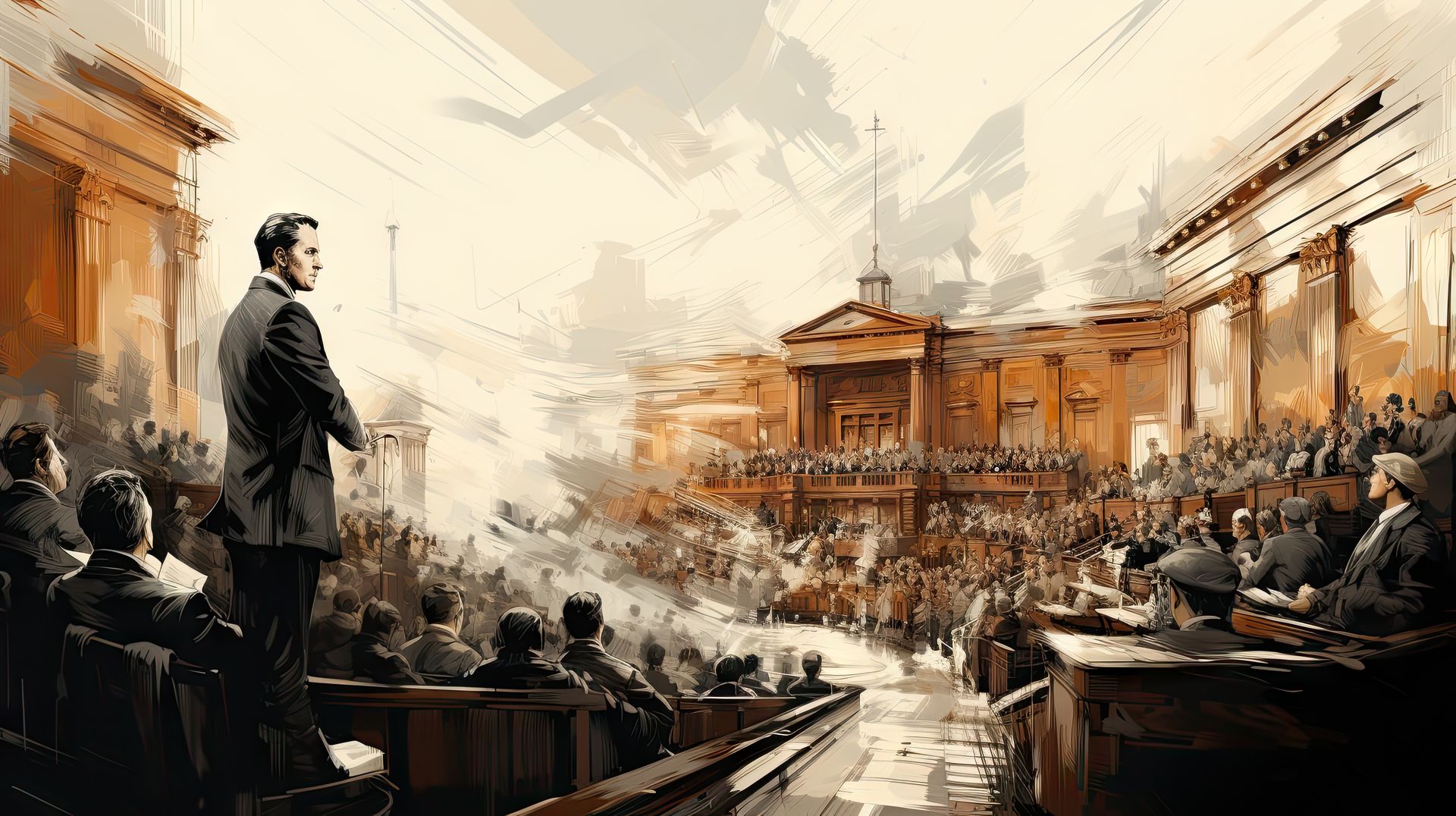The AI Steven Miles controversy centers around a deepfake video created by the Liberal National Party (LNP), which has ignited a significant discussion about the ethical implications of AI in politics.
Posted on the party’s TikTok account, the video depicts Queensland Premier Steven Miles in a satirical light, dancing beneath a caption about rising living costs and a humorous reference to the premier making a sandwich on TikTok. While the video is labeled as “AI-generated,” it has stirred debate about the role of deepfakes in political messaging.
@liberalnationalparty Wrong priorities. #stevenmiles #labor #lnp #queensland
How did they create the AI Steven Miles video?
The AI Steven Miles video was likely created using the viral tool, Viggle AI. Here’s a breakdown of how such a video could be made:
1. Input and AI training
Viggle AI uses a pre-trained model to generate deepfake content. Users input existing videos or images of Steven Miles into the system, which then applies its deep learning algorithms to replicate his likeness and mannerisms.
2. Video generation
Using its trained model, Viggle AI creates a new video where Steven Miles appears to perform various actions or speak in a scripted manner. This technology can manipulate facial expressions and movements to produce a convincing portrayal.
3. Labeling and distribution
The final video is marked as “AI-generated” to inform viewers about its synthetic nature. It’s then shared on platforms like TikTok, where it can influence public perception and spark discussion.
This streamlined process demonstrates how Viggle AI can quickly and effectively produce realistic deepfake videos.

The deepfake dilemma in political discourse
Steven Miles has labeled the AI-generated video as a critical “turning point for our democracy,” emphasizing the risks associated with deepfakes.
He argues that while doctored photos have been a concern, AI-generated videos represent a new level of potential misinformation. Miles has made it clear that the state Labor party will avoid using such technology used in the generation of AI Steven Miles video for political content in the upcoming election, underscoring the seriousness of the issue.
Despite Miles’ stance, the LNP has defended their use of AI Steven Miles video, highlighting that the video was clearly marked as AI-generated and intended to reflect real issues like increased living costs under the Labor government.
Critics argue that AI tools are common and the use of such content is within legal boundaries, though it raises ethical questions about the accuracy and intent of political messaging.
Regulating AI in politics
The Electoral Commission of Queensland has noted that while the state’s electoral act does regulate false statements about candidates, it does not specifically address AI-generated content like the AI Steven Miles video.
This leaves a gap in how such material is monitored and regulated, particularly outside of the election period.
Susan Grantham, a communications lecturer, points out that AI has been employed in political campaigns globally and in Australia since at least 2022.

She notes that the AI-generated content can be persuasive and potentially misleading, particularly when used to replicate or parody familiar figures, which could lead to public deception.
AI’s broader impact on politics
Patrik Wikstrom from the QUT Digital Media Research Centre highlights the broader implications of AI in political communication. He explains that while AI itself is not inherently problematic, its use to create deceptive content poses significant risks. The challenge lies in regulating such content, given the global nature of the internet and the difficulty in enforcing local laws across borders.
Wikstrom and Grantham agree that the primary issue is not the technology but the intent behind its use. As AI becomes more sophisticated, ensuring transparent and honest communication remains a crucial concern for democratic processes worldwide.
Who is Steven Miles?
For those who are completely foreign to Australian politics, Steven Miles is the Premier of Queensland, Australia, representing the Australian Labor Party.
He has been involved in state politics and is known for his role in managing various aspects of the state’s governance.
Featured image credit: Freepik





